In today’s fast-paced world, it’s not uncommon to feel anxious from time to time. However, when anxiety becomes overwhelming and persistent, it may be a sign of an anxiety disorder. These disorders are more than just temporary worry or fear—they can significantly impact daily functioning and quality of life.
At Resilience Behavioral Health, we understand the debilitating effects of anxiety and are committed to helping those who suffer from it. In this blog, we will explore the signs and symptoms of anxiety disorders, and discuss how professional treatment can help manage and alleviate these conditions.
What is an Anxiety Disorder?
Anxiety disorders encompass a range of mental health conditions characterized by excessive fear and worry. These disorders can interfere with various aspects of an individual’s life, including work, school, and personal relationships. The most common types of anxiety disorders include Generalized Anxiety Disorder (GAD), Panic Disorder, Social Anxiety Disorder, and Specific Phobias.
Common Signs and Symptoms Of Anxiety Disorders
Generalized Anxiety Disorder (GAD)
GAD is characterized by chronic and excessive worry about various aspects of daily life. Individuals with GAD often struggle to control their anxiety and may experience the following symptoms:
- Persistent worrying or anxiety about multiple areas of life (e.g., work, health, social interactions)
- Restlessness or feeling keyed-up
- Fatigue
- Difficulty concentrating or mind going blank
- Irritability
- Muscle tension
- Sleep disturbances (trouble falling or staying asleep, unsatisfying sleep)
Panic Disorder
Panic Disorder involves recurrent, unexpected panic attacks—a sudden onset of intense fear or discomfort. Symptoms of a panic attack typically peak within minutes and may include:
- Heart palpitations or accelerated heart rate
- Sweating
- Trembling or shaking
- Shortness of breath or feeling smothered
- Choking sensation
- Chest pain or discomfort
- Nausea or abdominal distress
- Dizziness or lightheadedness
- Chills or heat sensations
- Paresthesia (numbness or tingling sensations)
- Derealization (feelings of unreality) or depersonalization (being detached from oneself)
- Fear of losing control or “going crazy”
- Fear of dying
Social Anxiety Disorder
Social Anxiety Disorder is characterized by intense fear or anxiety in social situations where an individual may be exposed to possible scrutiny by others. Common symptoms include:
- Fear of situations where one might be judged
- Worrying about embarrassing or humiliating oneself
- Intense fear of interacting or talking with strangers
- Fear of physical symptoms that may cause embarrassment (e.g., blushing, sweating, trembling)
- Avoidance of social or performance situations
- Significant distress that interferes with daily routines
Specific Phobias
Individuals with specific phobias experience intense fear or anxiety about specific objects or situations, such as flying, heights, animals, or receiving an injection. Symptoms are similar to those of other anxiety disorders but are triggered by specific stimuli.
Obsessive-Compulsive Disorder (OCD) and Post-Traumatic Stress Disorder (PTSD)
Though not classified strictly as anxiety disorders in the DSM-5, OCD and PTSD also involve anxiety symptoms:
- OCD: Unwanted, intrusive thoughts (obsessions) and repetitive behaviors (compulsions).
- PTSD: Recurrent, intrusive memories or flashbacks of a traumatic event, leading to prolonged anxiety.
The Importance of Recognizing the Symptoms
Understanding the signs and symptoms of anxiety disorders is crucial for early intervention and effective treatment. Many individuals with anxiety disorders delay seeking help due to stigma or lack of awareness. However, untreated anxiety can lead to other mental health issues such as depression, substance abuse, and severe functional impairment.
Treatment Options at Resilience Behavioral Health
At Resilience Behavioral Health, we offer comprehensive treatment programs tailored to meet the unique needs of individuals suffering from anxiety disorders. Our multidisciplinary team of mental health professionals provides evidence-based treatments to help manage and reduce anxiety symptoms effectively.
Cognitive Behavioral Therapy (CBT)
CBT is a well-established, highly effective form of therapy that focuses on identifying and changing negative thought patterns and behaviors that contribute to anxiety. Through CBT, patients learn coping strategies to manage their symptoms and develop healthier ways of thinking.
Medication Management
For some individuals, medication can be an essential component of treatment. Our psychiatric professionals work closely with patients to find the most appropriate medication regimen, which may include antidepressants, benzodiazepines, or other medications to reduce anxiety symptoms.
Exposure Therapy
Exposure therapy is particularly effective for treating phobias and social anxiety disorder. This therapy involves gradually and systematically exposing patients to feared situations or objects in a controlled manner, helping them build tolerance and reduce their anxiety over time.
Group Therapy
Group therapy provides a supportive environment where individuals can share their experiences and learn from others facing similar challenges. It can be especially valuable for building social skills and reducing feelings of isolation.
Mindfulness and Stress-Reduction Techniques
Incorporating mindfulness practices and stress-reduction techniques, such as meditation and yoga, can help individuals manage anxiety symptoms and improve overall well-being.
Take the First Step Toward Relief
Living with an anxiety disorder can be incredibly challenging, but help is available. If you or a loved one is struggling with anxiety, don’t hesitate to reach out for support.
At Resilience Behavioral Health, our dedicated team is here to provide compassionate care and effective treatment to help you regain control of your life. Contact us today to schedule a consultation and take the first step toward a brighter, anxiety-free future.
Resilience Behavioral Health offers personalized treatment programs for anxiety disorders. Call us at our admissions line to learn more about our services and how we can help you achieve lasting relief.


